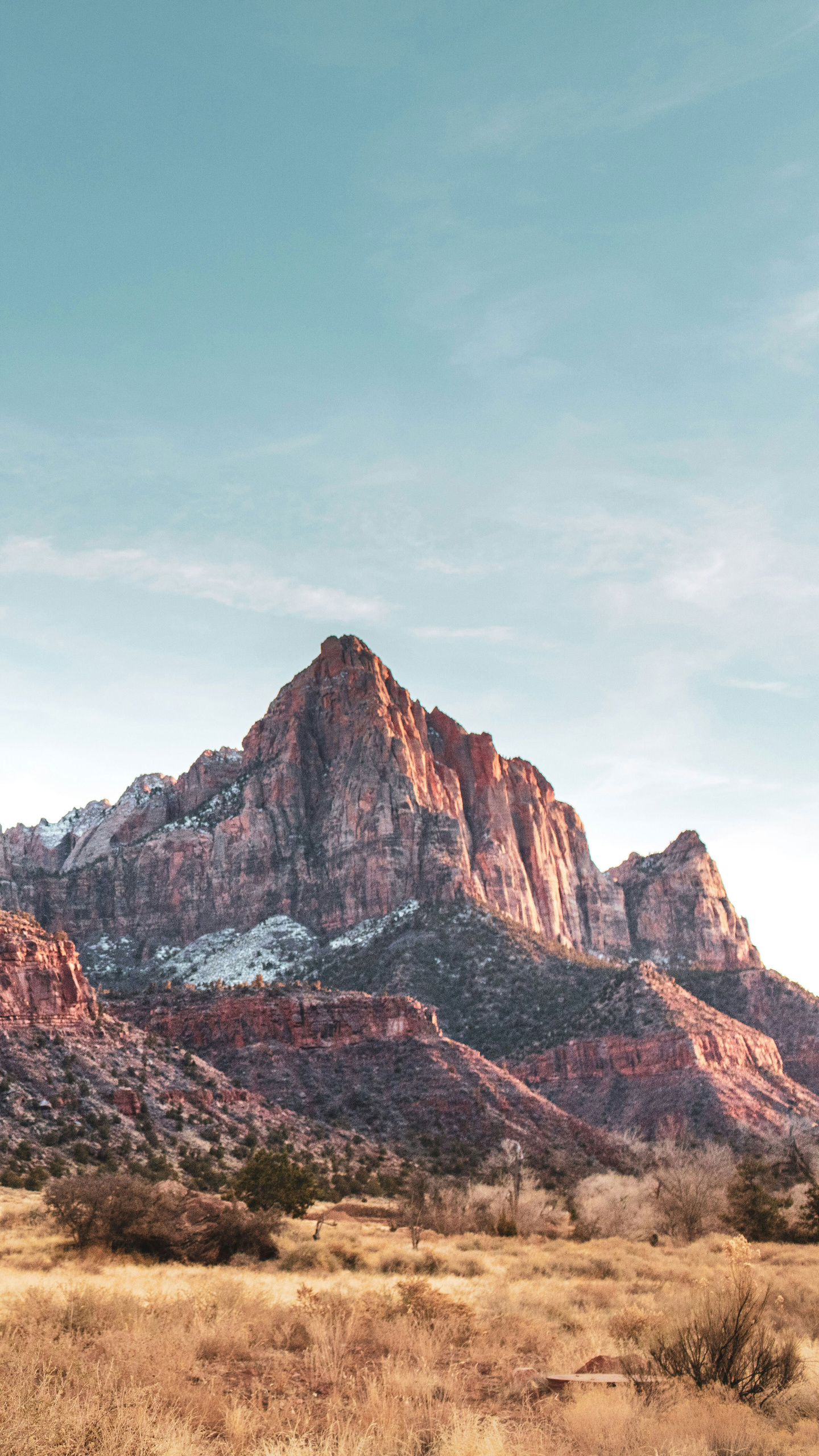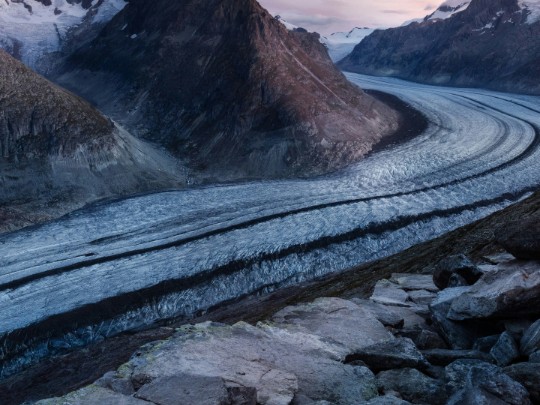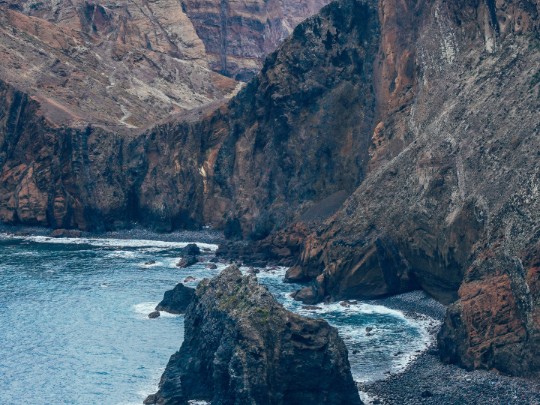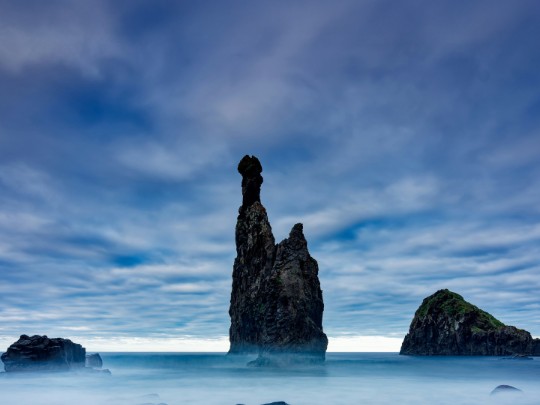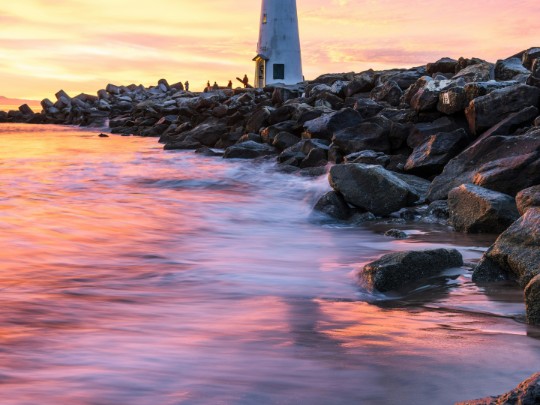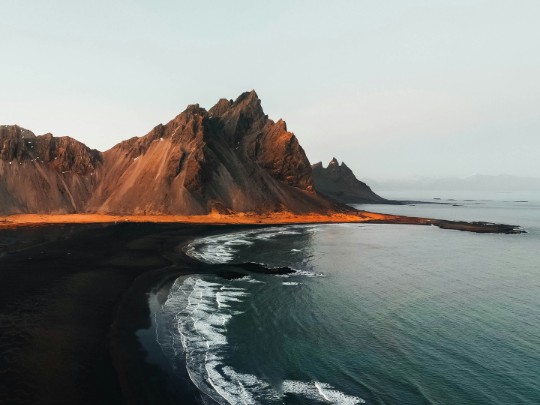Australia's Highways After Dark: Capturing the Magic of Light Trails
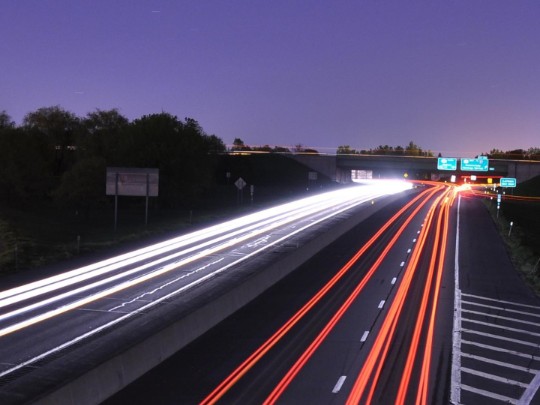
There's something truly captivating about the way light transforms our highways at night. Across Australia, photographers are chasing this spectacle, creating stunning images of highway light trails – those iconic, flowing streaks of colour that turn a simple road into a work of art. It's a blend of technical skill and artistic vision, resulting in photographs that are both beautiful and evocative.
What are Light Trails and Why Are They So Popular?
Light trails are created using long-exposure photography. Essentially, the camera's shutter remains open for an extended period (seconds, or even minutes), capturing the movement of light sources – primarily the headlights and taillights of vehicles. The longer the shutter is open, the more dramatic and elongated the trails become. This technique isn’t new, but the accessibility of modern cameras and the rise of social media have fuelled a surge in popularity, with photographers across the country sharing their breathtaking creations.
Gear Up for the Chase: Essential Equipment
While a good camera is the foundation, capturing exceptional light trails requires a few key pieces of equipment:
- Tripod: Absolutely essential! Long exposures demand absolute stability to avoid blurry images.
- Camera with Manual Mode: You’ll need full control over shutter speed, aperture, and ISO.
- Remote Shutter Release (Optional): Minimises camera shake when triggering the shutter.
- Wide-Angle Lens: Often preferred for capturing a broader perspective of the highway and surrounding environment.
Finding the Perfect Spot & Mastering the Technique
Location is key. Look for stretches of highway with minimal ambient light pollution, a clear view, and interesting foreground elements (trees, bridges, or even a lonely gas station can add character). Experimentation is vital. Start with a shutter speed of around 5-10 seconds and adjust based on the traffic flow and desired effect. A wider aperture (lower f-number) will let in more light, while a lower ISO will reduce noise. Consider the time of night; rush hour can provide a denser stream of light, while a quieter period might offer a more artistic, flowing feel.
More Than Just a Photo: Capturing the Essence of the Road
Photographing light trails isn't just about technical proficiency; it's about connecting with the energy of the road. It’s about appreciating the constant movement, the journeys being undertaken, and the feeling of boundless possibility. These images often become powerful metaphors for life's journey, the passage of time, and the interconnectedness of people and places. So, grab your gear, head out after dark, and experience the magic for yourself!
Tips for Aussie Photographers:
- Safety First: Always be aware of your surroundings and avoid standing in the road.
- Check Road Conditions: Ensure the road is safe and accessible.
- Be Respectful: Don't obstruct traffic or disturb residents.

